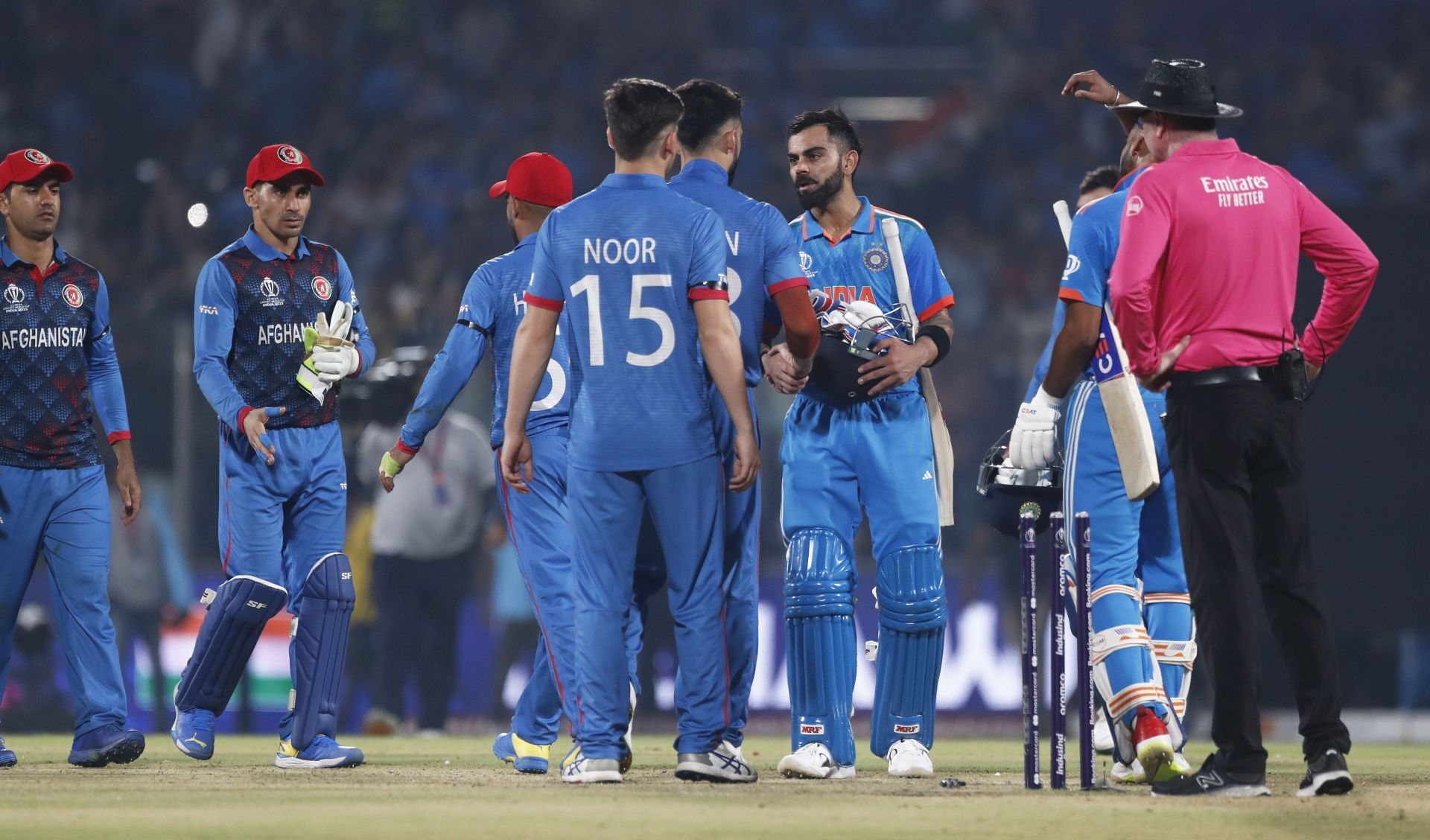
Has there ever been double Super Overs in international cricket?
Super Overs are among the most exciting aspects of the limited-overs format, with each side playing an over in the event of a tied game.
The rule wasn't initially in existence when T20 cricket started, with a bowl-out determining the winner in tied games. However, in the latter half of 2008, the ICC replaced the bowl-out with the Super Over.
As per the Super Over rule, each team selects three batters, with their Super innings ending if two of them get out. The team who batted second in the original match bats first in the Super Over, while the bowling team chooses the end to bowl from.
The rule further states that after both teams play one over each and the scores are still level, boundary-count will determine the winner. However, this rule was the center of controversy after the 2019 ODI World Cup final saw the Super Over end in a tie, and England crowned champions based on the boundary count.
With severe criticism coming in from different quarters, the ICC changed the Super Over rule later that year to where subsequent Super Overs must be played until an outright winner is determined.
Yet, there has never been a double Super Over in T20Is or ODIs despite over 15 matches ending in a tie since the multiple Super Over rule came into existence.
India and Afghanistan play the first-ever double Super Over in international cricket
India and Afghanistan provided fans at the Chinnaswamy Stadium with a thrilling series finale that went the ultimate distance.
After both teams finished on 212 in the original 20-over affair, a Super Over followed. However, both teams could not be separated as they scored 16 each in the first Super Over, leading to another one-over shootout.
In the second Super Over, India scored only 11 runs but managed to bowl the Afghans out by picking up both wickets for only a solitary run. With the victory in a humdinger, the Men in Blue continued their unbeaten streak against Afghanistan in T20Is and emerged victorious 3-0.
Skipper Rohit Sharma was the star performer, scoring 121* off 69 balls in regulation before crucial boundaries in both Super Overs. The game was India's last in the T20 format before the World Cup in June.